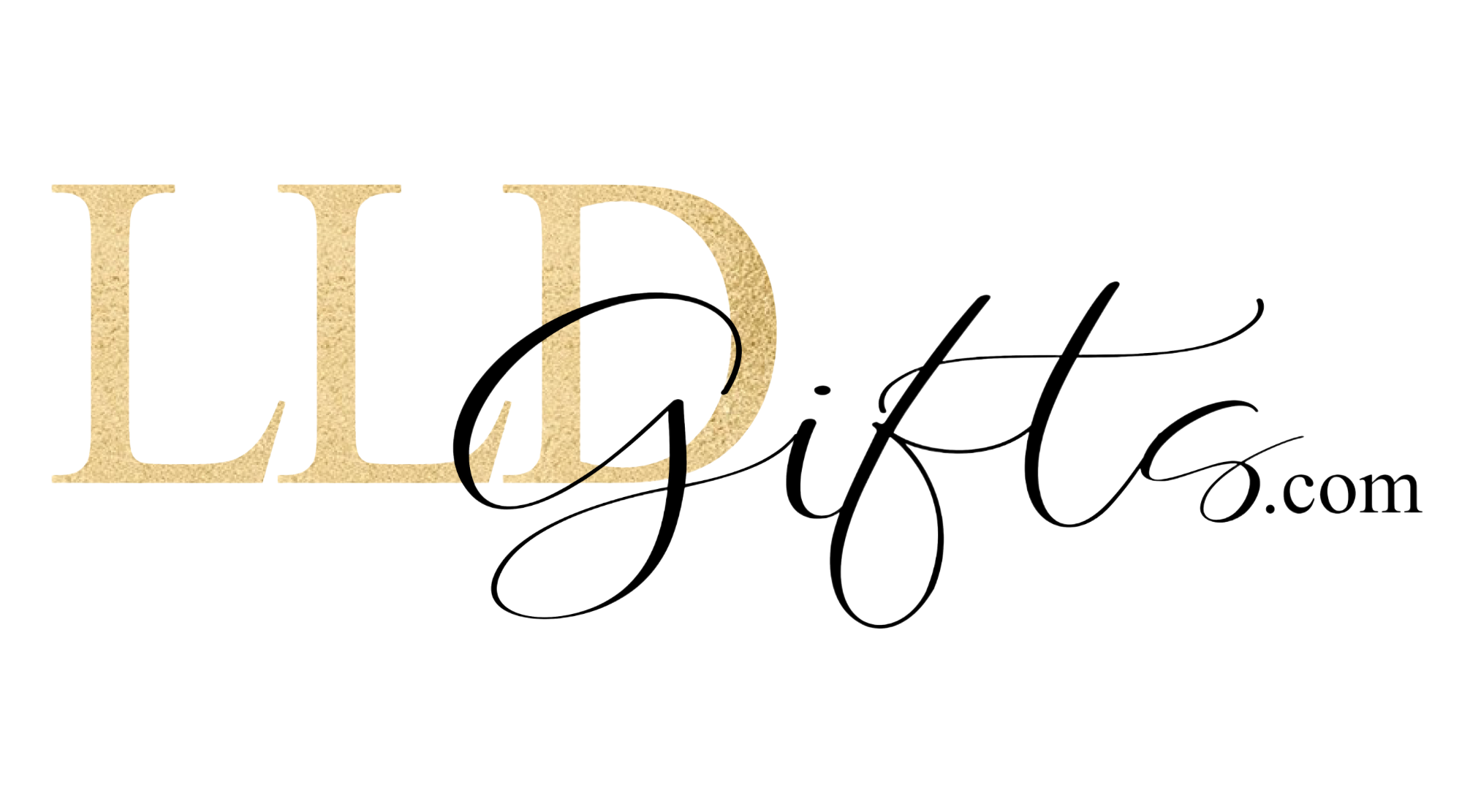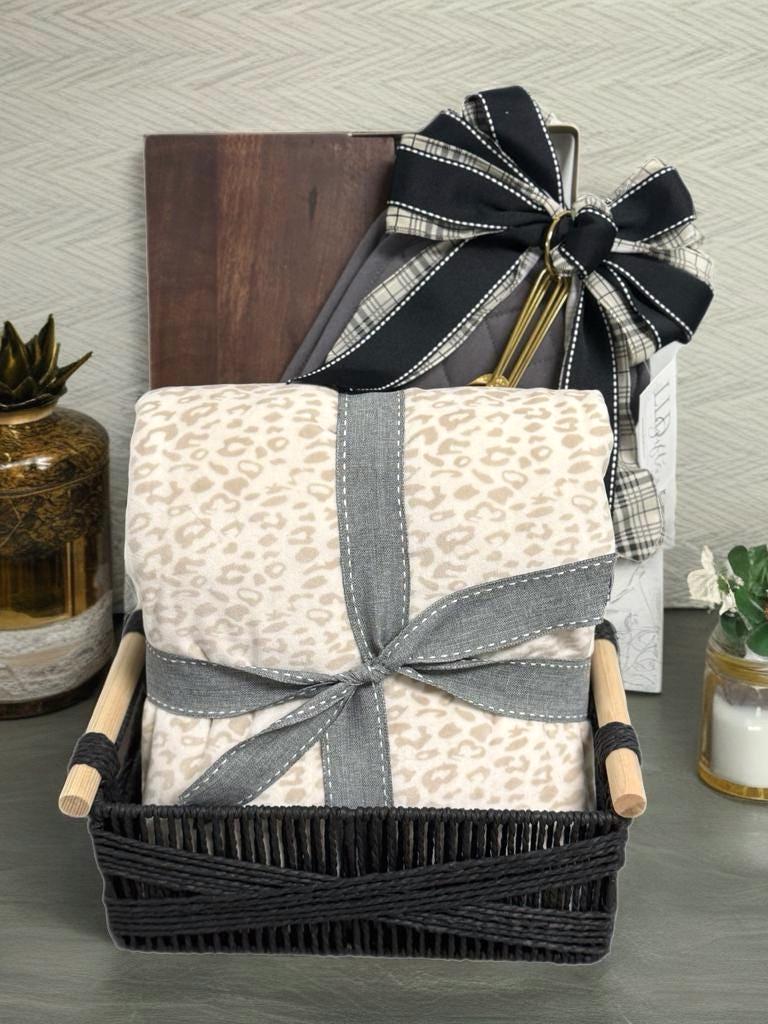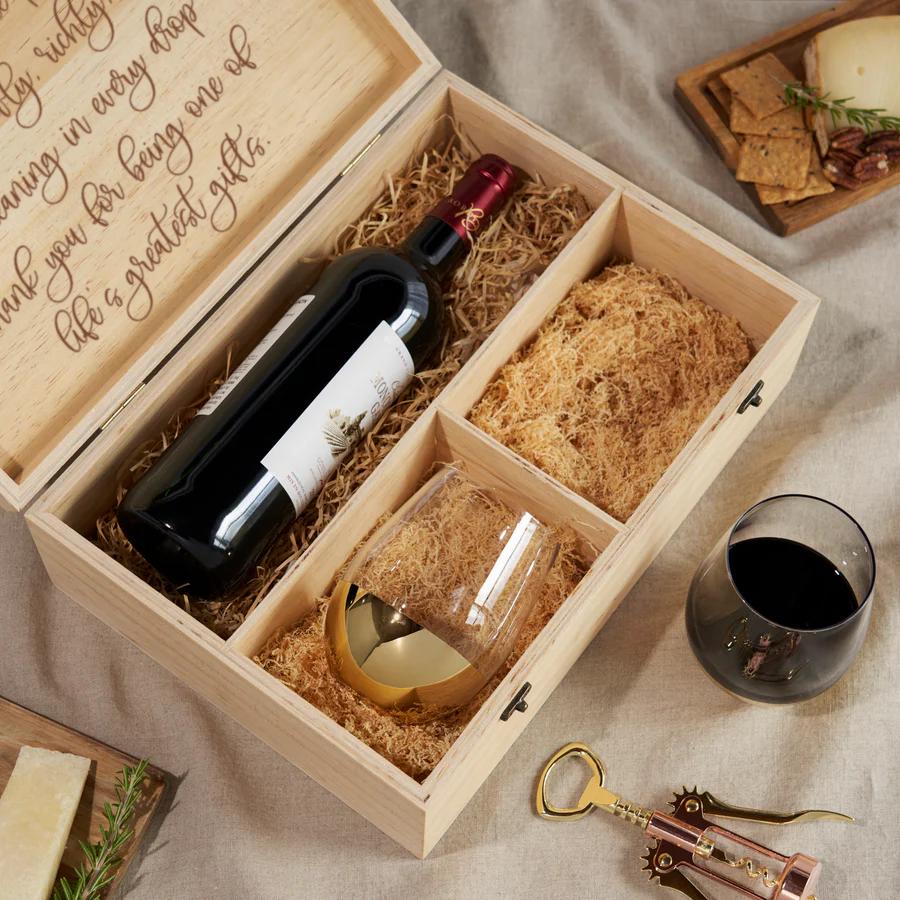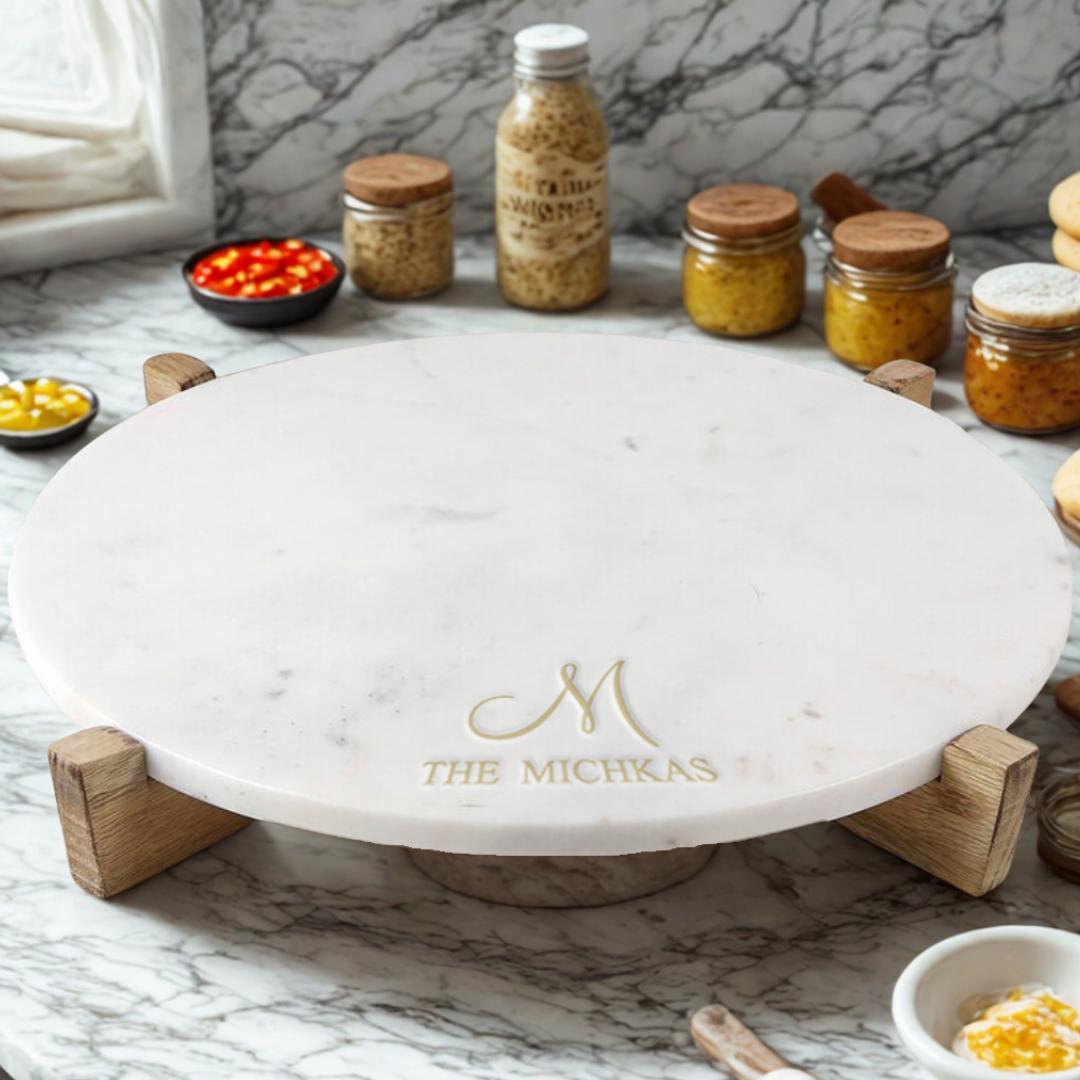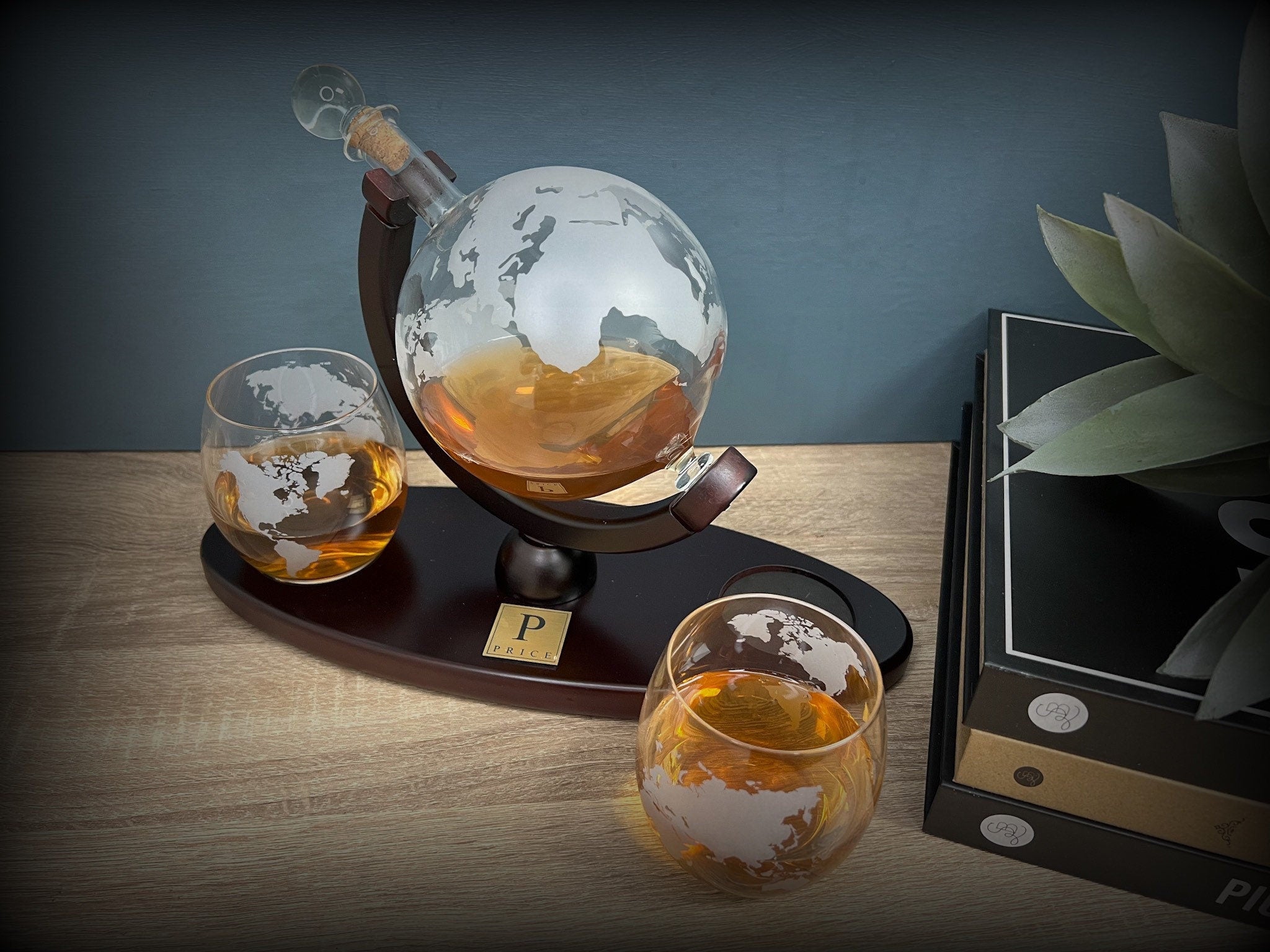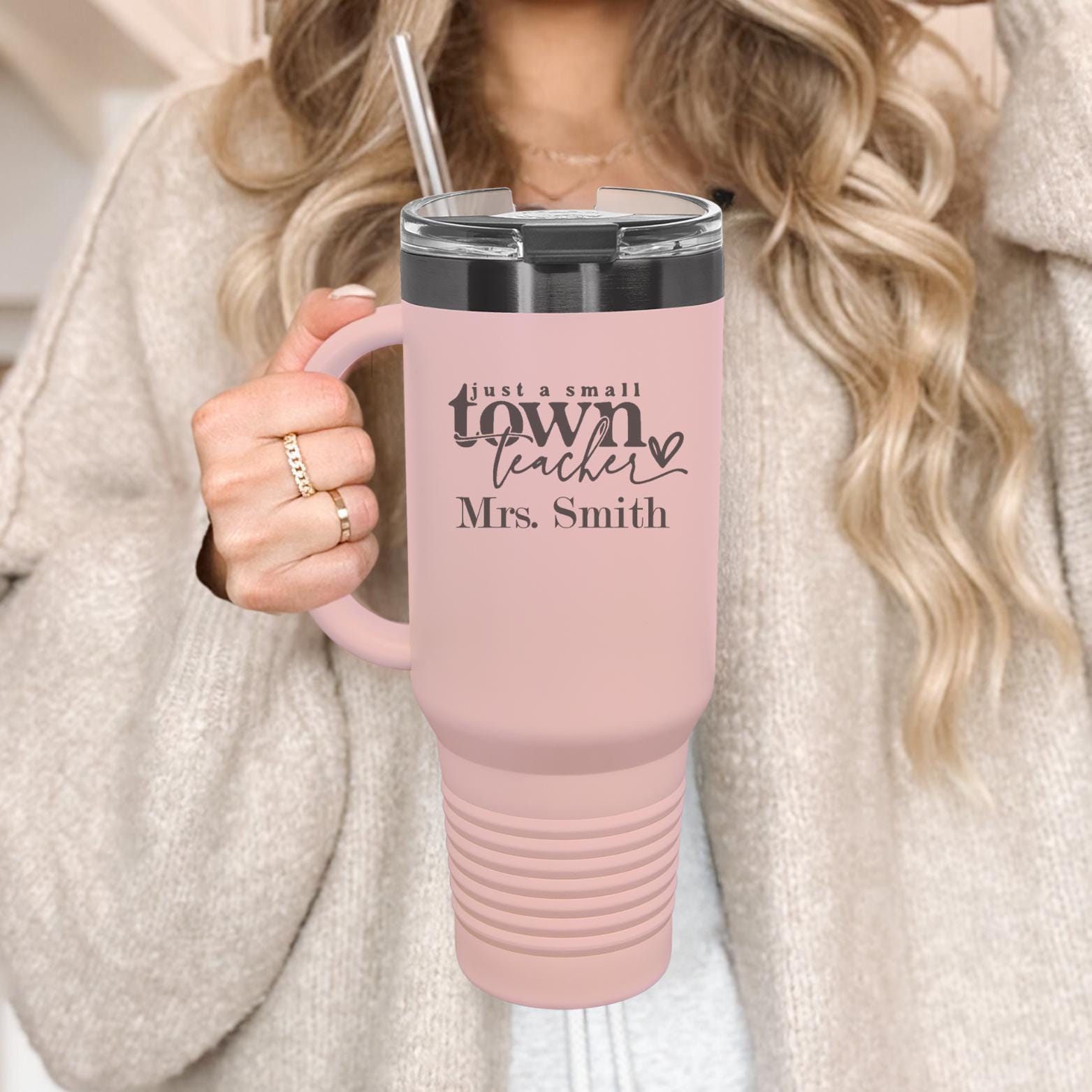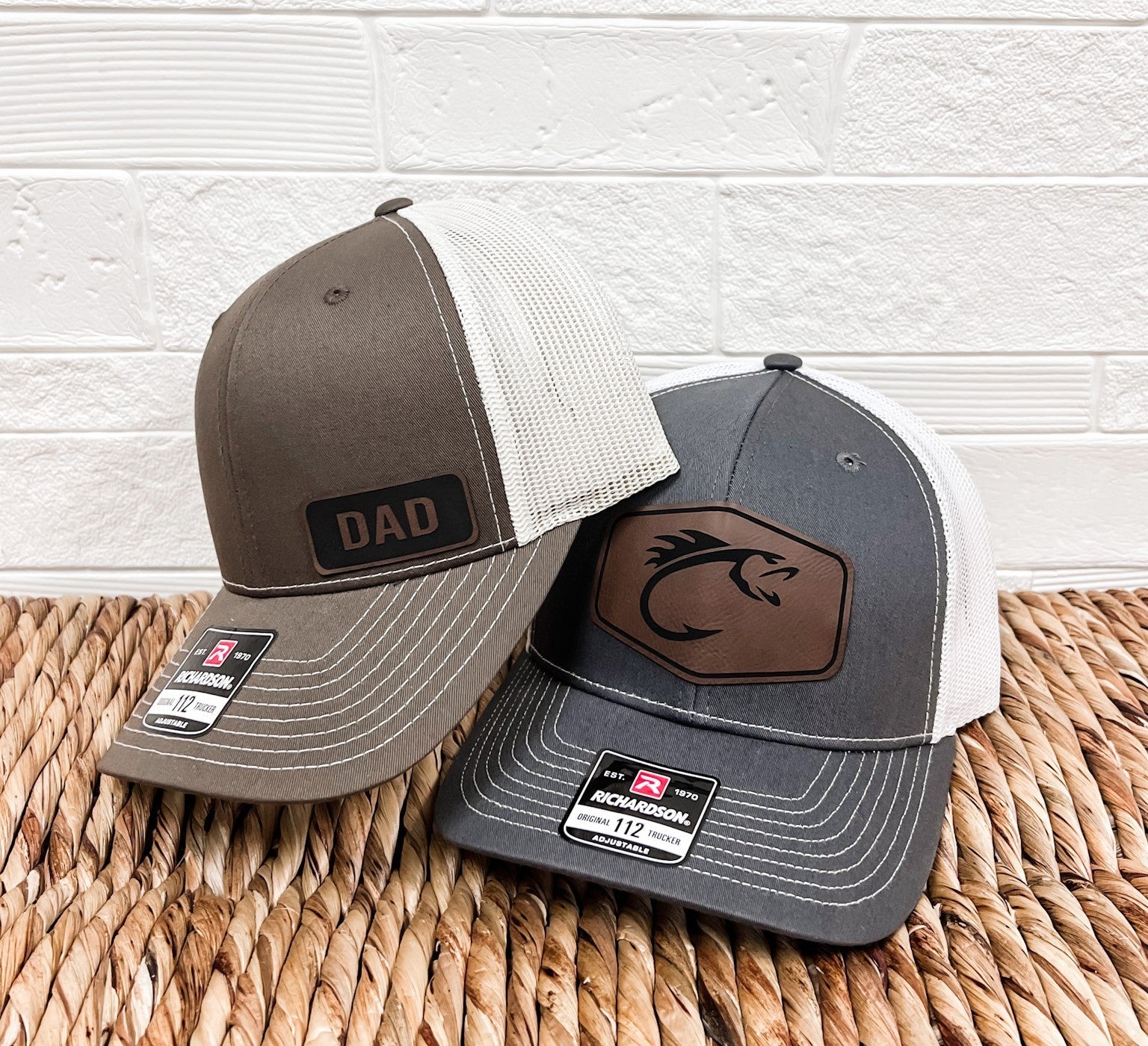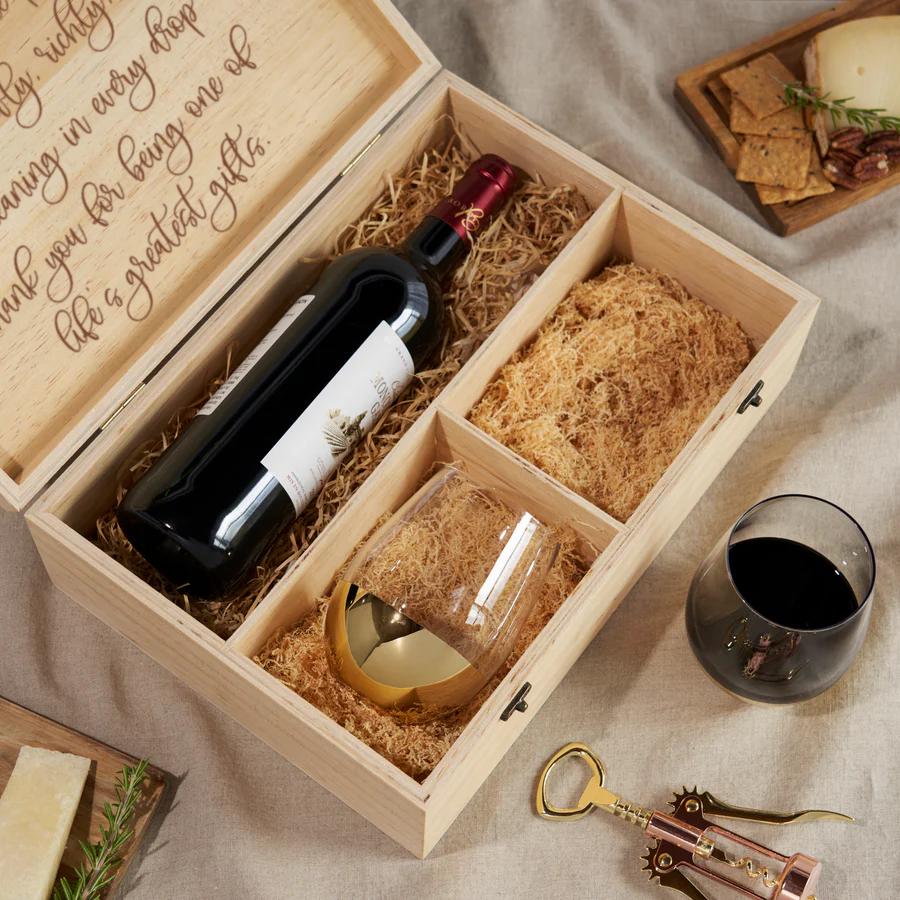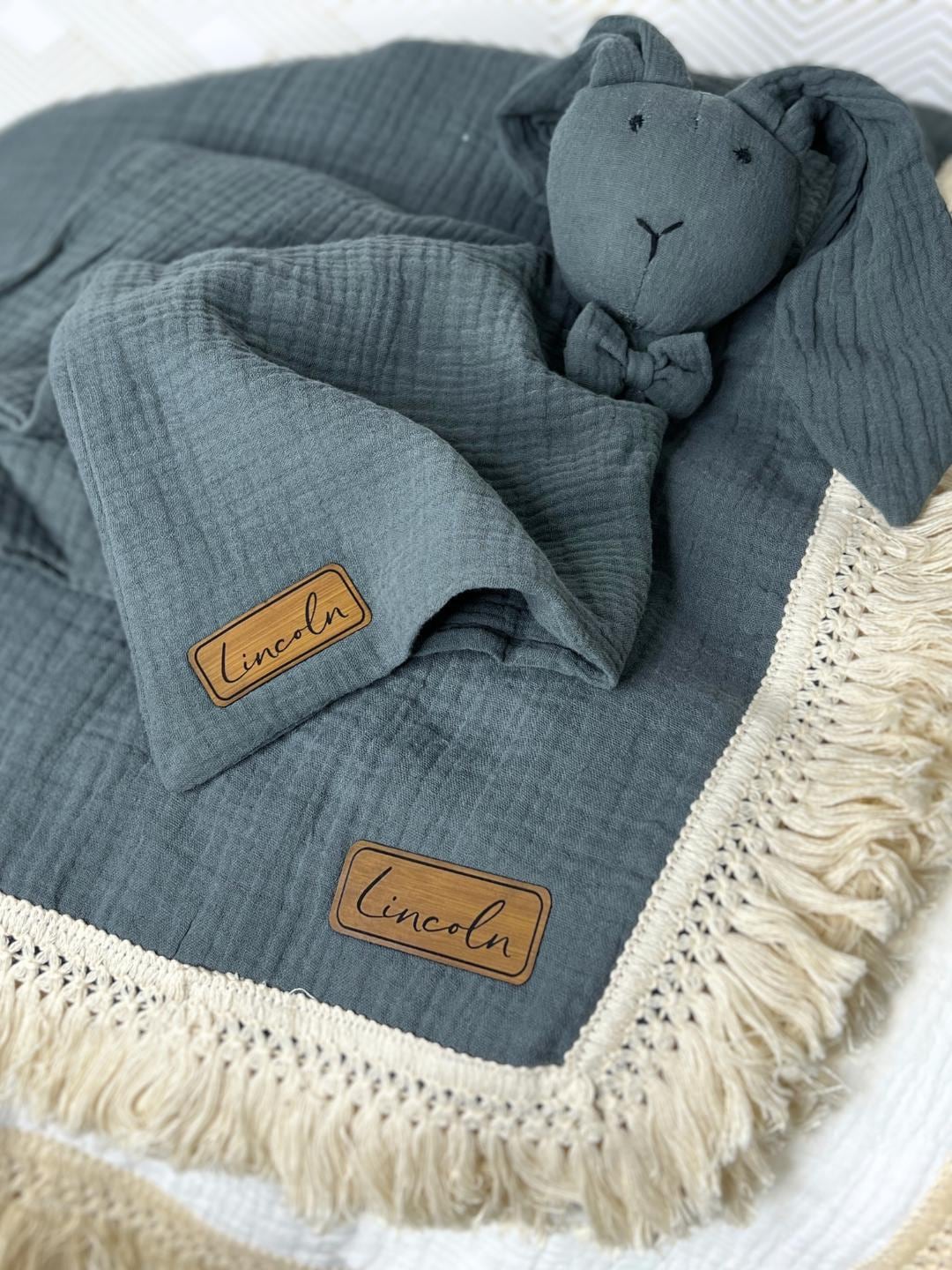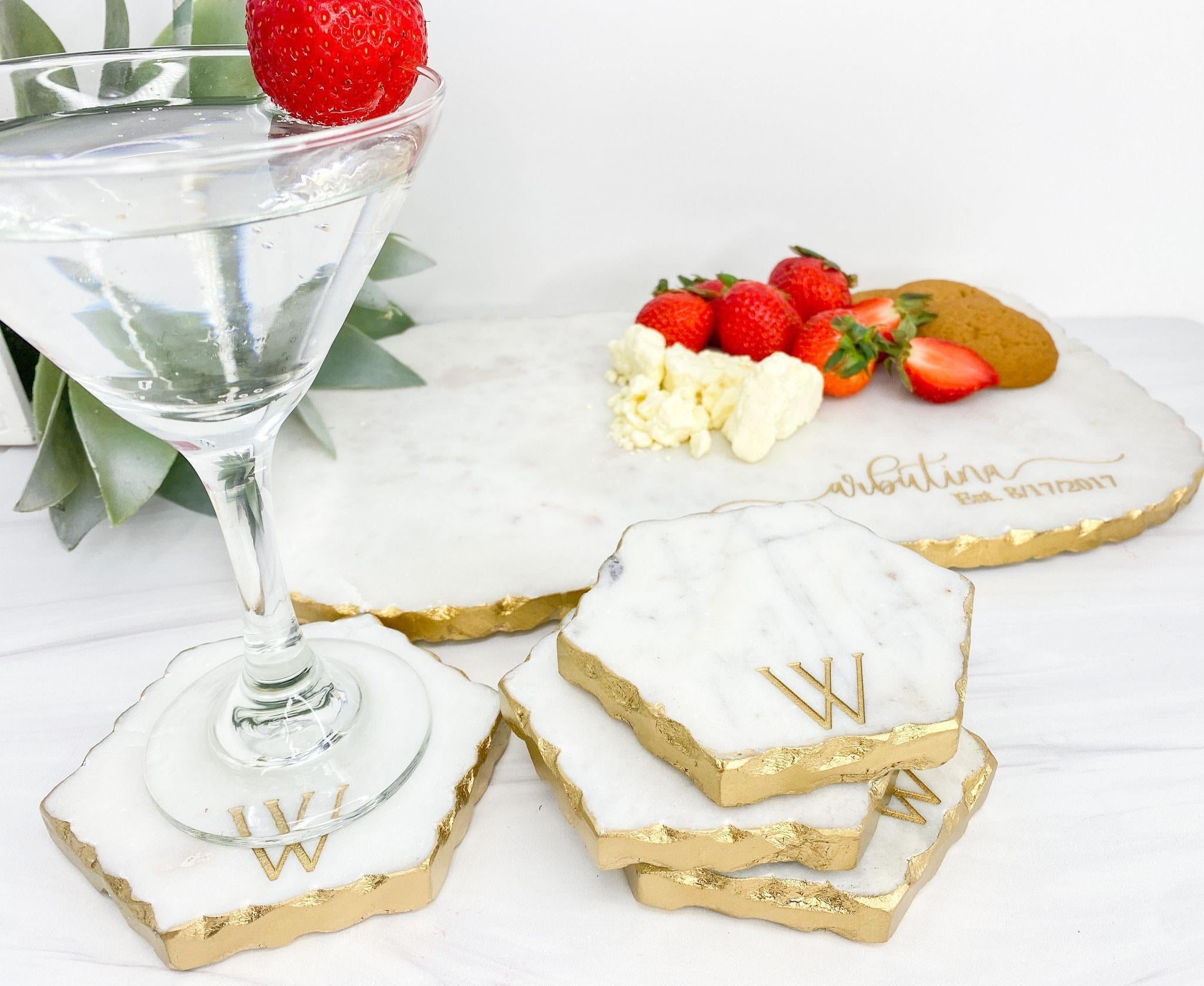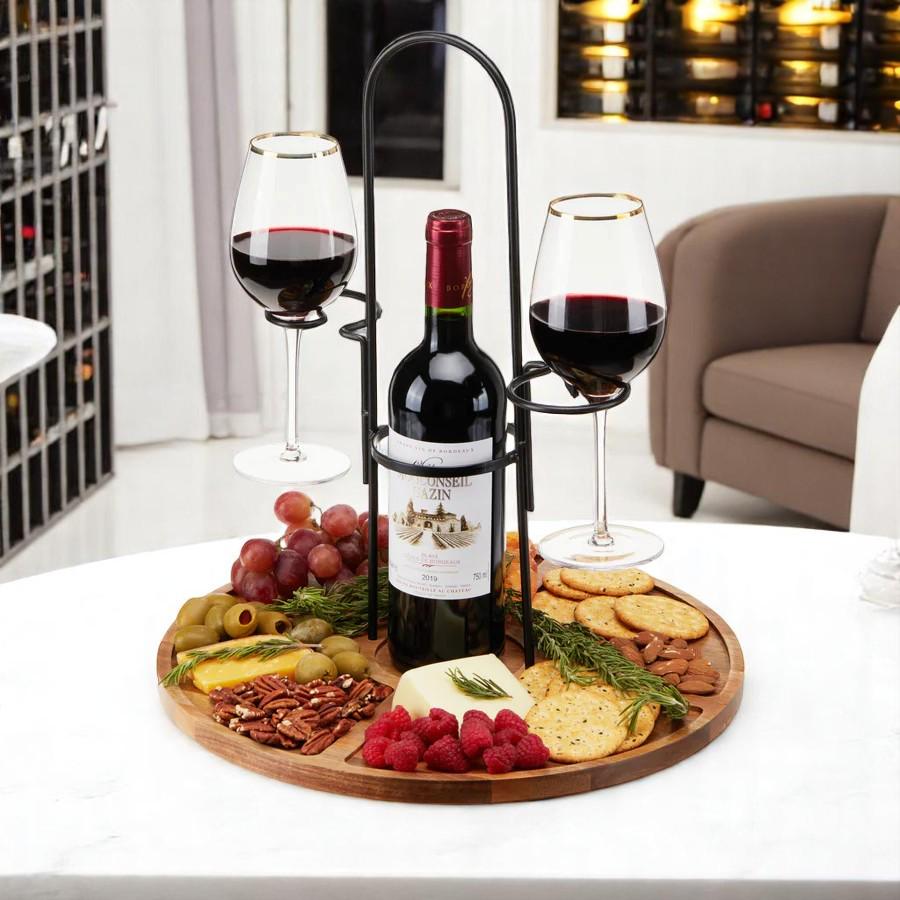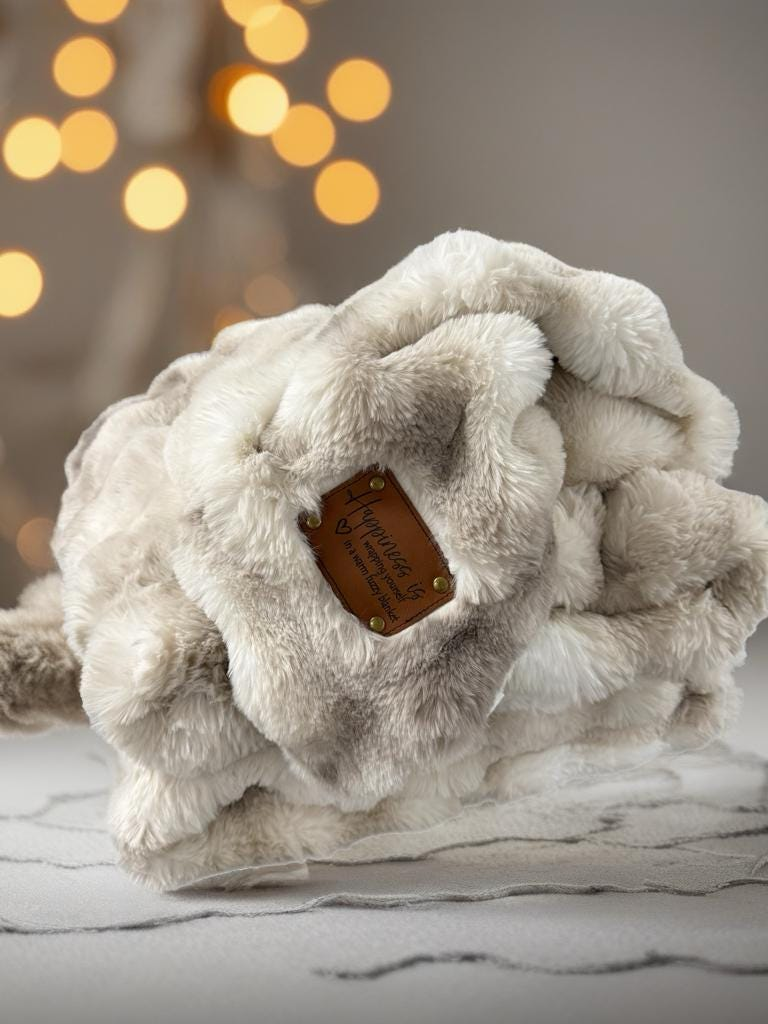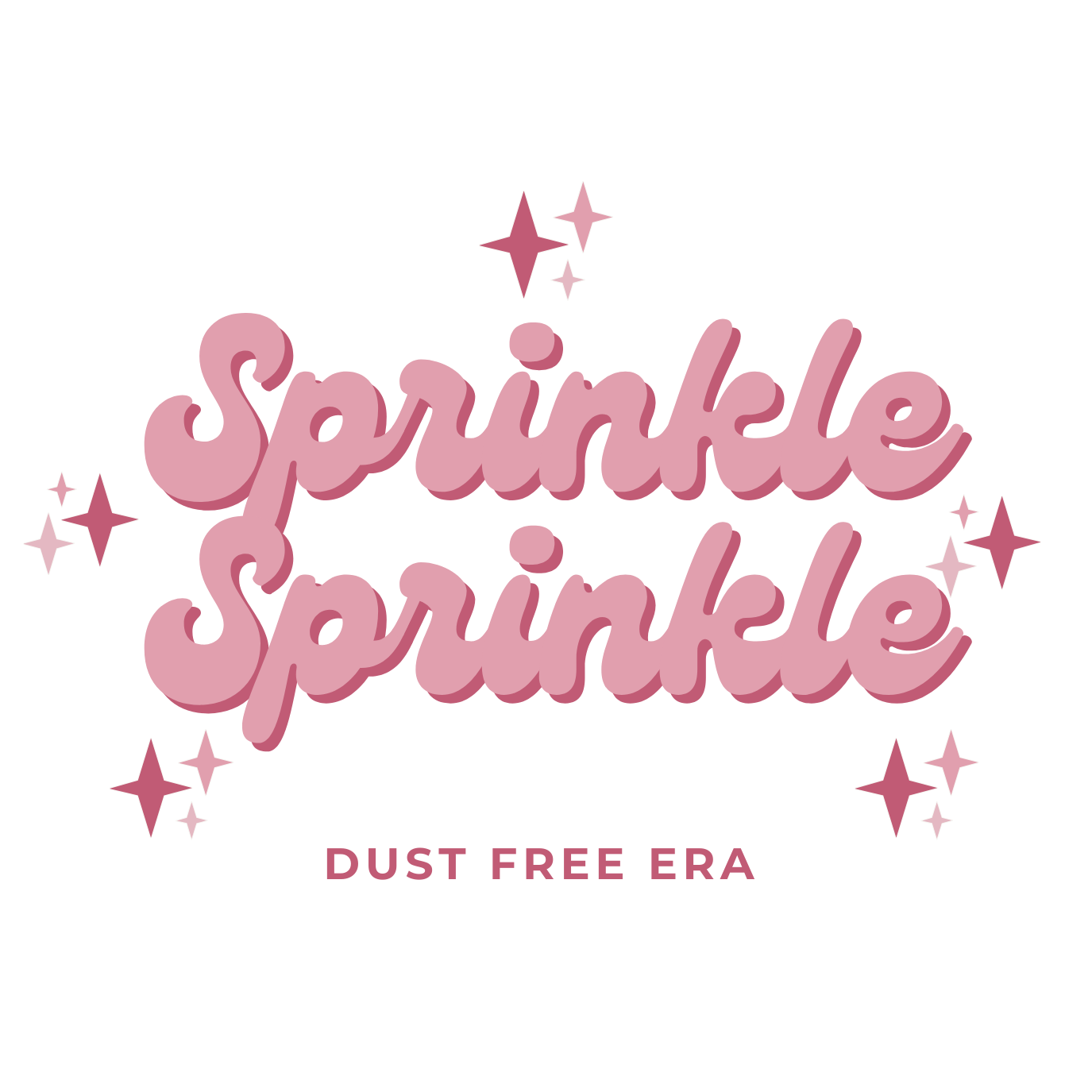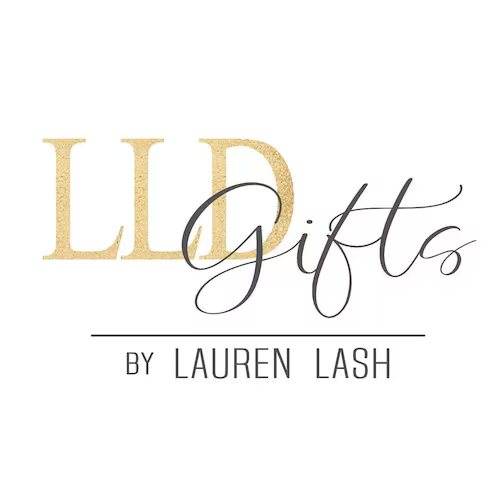
Sustainable Gifting: How Eco-Friendly Choices Strengthen Business Relationships
The world of business is changing. Clients and employees increasingly want to work with companies that reflect their values. Sustainability is no longer just a consumer trend. It is now a business expectation. For many organizations, environmental responsibility is part of their brand promise and a key factor in how they are perceived.
Corporate gifting offers a unique opportunity to demonstrate these values in action. When your gifts are sustainable, you are sending more than a package. You are sending a message that your company cares about the planet, supports responsible practices, and is committed to building relationships that last.
The Business Case for Sustainable Gifting
Eco-friendly gifting is not only about reducing environmental impact. It also makes business sense.
First, it resonates with clients who prioritize sustainability in their own operations. A green gift reinforces shared values, making them feel aligned with your brand.
Second, it appeals to employees who want to feel proud of the company they work for. A sustainable gifting strategy shows that you care not only about their wellbeing but also about the world they live in.
Finally, sustainable gifting strengthens your reputation. When you choose eco-friendly options, you position your company as forward-thinking and socially responsible. In competitive markets, this can be a significant differentiator.
What Makes a Gift Sustainable?
Not every product marketed as “eco-friendly” truly is. To ensure your gifts reflect genuine responsibility, consider three aspects:
-
Materials: Look for gifts made from recycled, biodegradable, or renewable resources. Organic fabrics, bamboo, or recycled glass are good examples.
-
Production: Choose vendors that prioritize ethical production, fair trade, or local sourcing to reduce carbon impact.
-
Packaging: Often overlooked, packaging is just as important. Recyclable or reusable packaging ensures your efforts do not get lost in unnecessary waste.
A truly sustainable gift combines these factors to minimize environmental impact while maximizing usefulness.
Types of Sustainable Gifts That Impress
There are many ways to incorporate sustainability into corporate gifting without compromising on quality or appeal.
-
Reusable lifestyle items: Stainless steel bottles, recycled tote bags, or bamboo desk organizers.
-
Home comforts: Organic cotton blankets, soy-based candles, or recycled glassware.
-
Consumables with a story: Locally sourced teas, coffees, or artisanal treats packaged in recyclable containers.
-
Gifts that give back: Programs where each gift supports reforestation, clean water, or community development projects.
These gifts not only delight recipients but also communicate that your company makes thoughtful choices.
Case Study – A Company That Went Green with Gifting
A financial services firm had traditionally sent luxury wine baskets to top clients during the holidays. While appreciated, the gifts felt routine and carried a significant carbon footprint.
The firm decided to switch gears. They began sending eco-friendly wellness kits: organic teas, bamboo mugs, and notebooks made from recycled paper, all packaged in reusable boxes. Each kit included a note about how the company was reducing waste and supporting sustainable practices.
The response was overwhelmingly positive. Clients shared their appreciation for the thoughtfulness and many commented that the sustainable theme aligned with their own organizational goals. The shift did not just strengthen relationships. It elevated the firm’s reputation as a responsible, modern partner.
Balancing Impact with Practicality
The most successful sustainable gifts balance environmental responsibility with practicality. While novelty eco-products may catch attention, if they are not useful, they risk being discarded.
A practical sustainable gift is one that recipients can integrate into daily life. A reusable water bottle, a blanket made from organic cotton, or a stylish recycled notebook provides ongoing value while keeping your brand top of mind.
The goal is to avoid “eco-gimmicks” and instead focus on items that blend sustainability with functionality.
Best Practices for Sustainable Gifting
If you are considering eco-friendly gifts for your next campaign, here are some best practices to keep in mind:
-
Do your research: Look for verified certifications such as Fair Trade, FSC (Forest Stewardship Council), or B Corp to ensure authenticity.
-
Communicate the story: Do not just send the gift. Include a note that explains its sustainable qualities and why you chose it.
-
Choose quality over quantity: A single high-quality eco-friendly gift is more impactful than a bundle of items that may go unused.
-
Think long-term: Opt for gifts with durability and reusability rather than one-time consumables.
-
Involve employees or clients in selection: Ask for feedback or preferences to make gifts more relevant.
The Long-Term Benefits of Sustainable Gifting
Sustainable gifting offers advantages that extend beyond the moment of exchange.
-
Enhanced loyalty: Clients feel aligned with brands that share their values.
-
Stronger employee pride: Staff feel proud to work for a company that “walks the talk.”
-
Positive brand reputation: Thoughtful gifts position your business as a leader in corporate responsibility.
-
Reduced waste: Environmentally friendly choices contribute to larger sustainability goals, which can be highlighted in ESG reports.
By making eco-friendly gifting part of your long-term strategy, you strengthen both your relationships and your brand image.
Final Thoughts
Sustainability is no longer optional in today’s business world. Companies are expected to act responsibly, and gifting is a visible opportunity to demonstrate those values.
When you choose eco-friendly gifts, you do more than delight your clients and employees. You show that your company is committed to the environment, to shared values, and to building relationships that matter.
A sustainable gift is more than a gesture. It is a statement of who you are as a business and what you stand for.
Share
